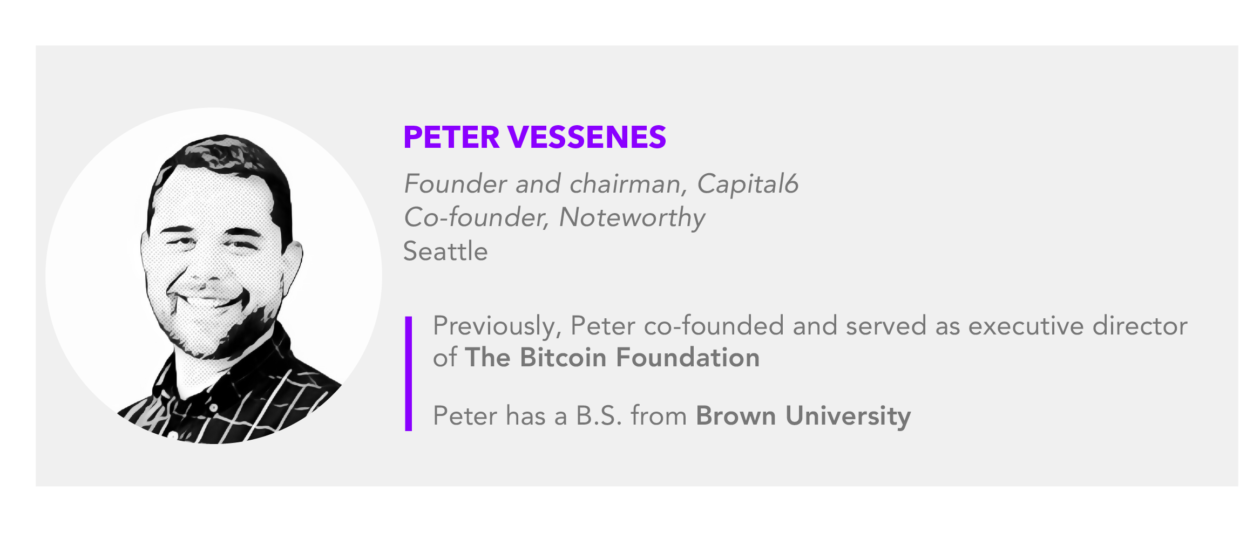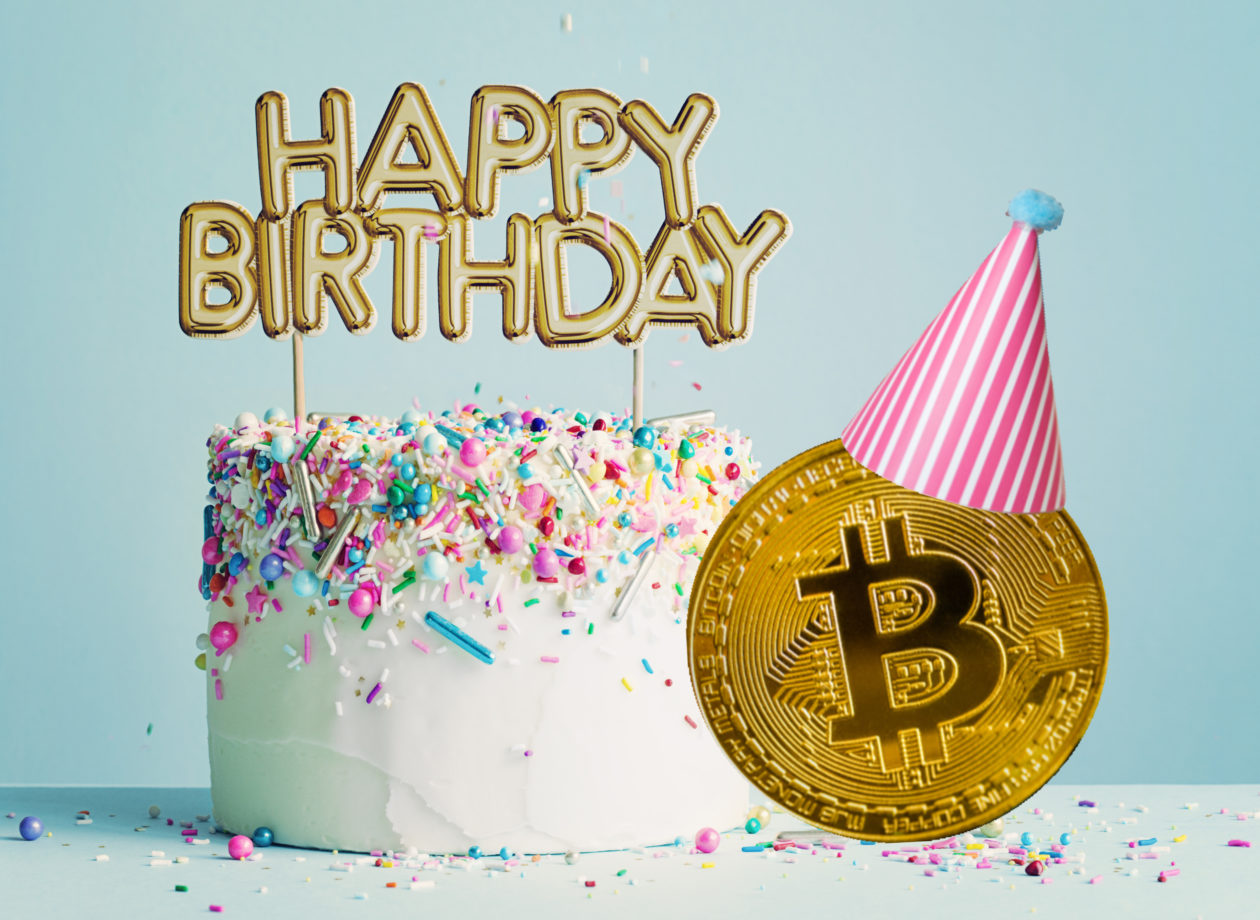Bitcoin’s original white paper, which I first read in early 2010, is a bit of incandescent fire from the gods. I didn’t know it at the time, but Bitcoin would permanently alter the course of my life, introducing me to some of the most interesting people in the world — world leaders, intellectuals, iconoclasts, friends, and rivals. The force of Satoshi Nakamoto’s vision and invention — which came into existence with the mining of Bitcoin’s genesis block 13 years ago today — sucked me in from the moment I read the Bitcoin white paper, and I have loved every minute it brought me since.
Bitcoin’s demise is predicted just about as frequently as a Bitcoin bull market hits, and its said demise is trumpeted when there is a Bitcoin bear market (or “winter,” as we sadly call it). Crypto market dynamics mean Bitcoin bear markets can last a lot longer than traditional markets — up to two years in one instance, so longtime Bitcoiners get to hear a lot of scoffing, naysaying, and sneering. We all say exactly the same thing to each other when we meet though: “I should have bought more.”

This kind of thinking is more religious than it is rational; every Bitcoin participant in 2010 did just fine economically, but we can’t help thinking it and can’t help saying it. To quote an early Bitcoiner: “I said I believed, but I clearly didn’t, because I acted like losing 5,000 BTC [at US$0.50] wasn’t a big deal.”
I, too, acted that way out of a desire to not look foolish if there was some sort of existential threat that wiped out Bitcoin. Bad decision. But, I’m still young enough to change my ways, and I hope that I’ll encourage someone reading this to proceed with an open mind as they think about the true value of cryptocurrencies and open financial markets.
I’m often asked about the underlying value of Bitcoin, usually as a thinly veiled request for trading advice or point-scoring from MBA students. The underlying value of Bitcoin is this: It’s everywhere, it cannot be regulated out of existence, and it is truly open digital financial infrastructure — the first the world has ever seen.
Love it or hate it (because you think it’s dumb, because you think it destroys the world economy or because you should have bought more). However you feel about Bitcoin, it exists, it “strikes a blow for freedom” on the side of digital natives everywhere, and it will continue to exist for a very long time.
Bitcoin changes the fundamental assumptions nation-states can make about money and citizenry: With every state-sanctioned solution, citizens “apply” for an account. With Bitcoin, anyone can create an address. This isn’t just semantics. The United States has a large body of law around banking inclusion (seriously, WTF? Over here, all are welcome), and culturally the neoliberal idea that financial overlords should choose what’s right for the people pervades discourse and politics to the extent that it’s the water we fish swim in.
Instead, Bitcoin’s permanent openness and the permissionless innovation it allows is a powerful force for good for people around the world. Crypto projects that ignore this key feature of Bitcoin tend to be regulated out of existence — the ICO boom of 2016-17 is a prime example — and the architects and managers of Bitcoin’s protocol understand this lesson well, for which we are all grateful.
On Bitcoin’s 13th birthday, I think it’s appropriate to remember that a small, excellent idea in the hands of believers really can change the world. There’s still time to get in on the fun, and create a more open financial world. I hope you’ll join us.




